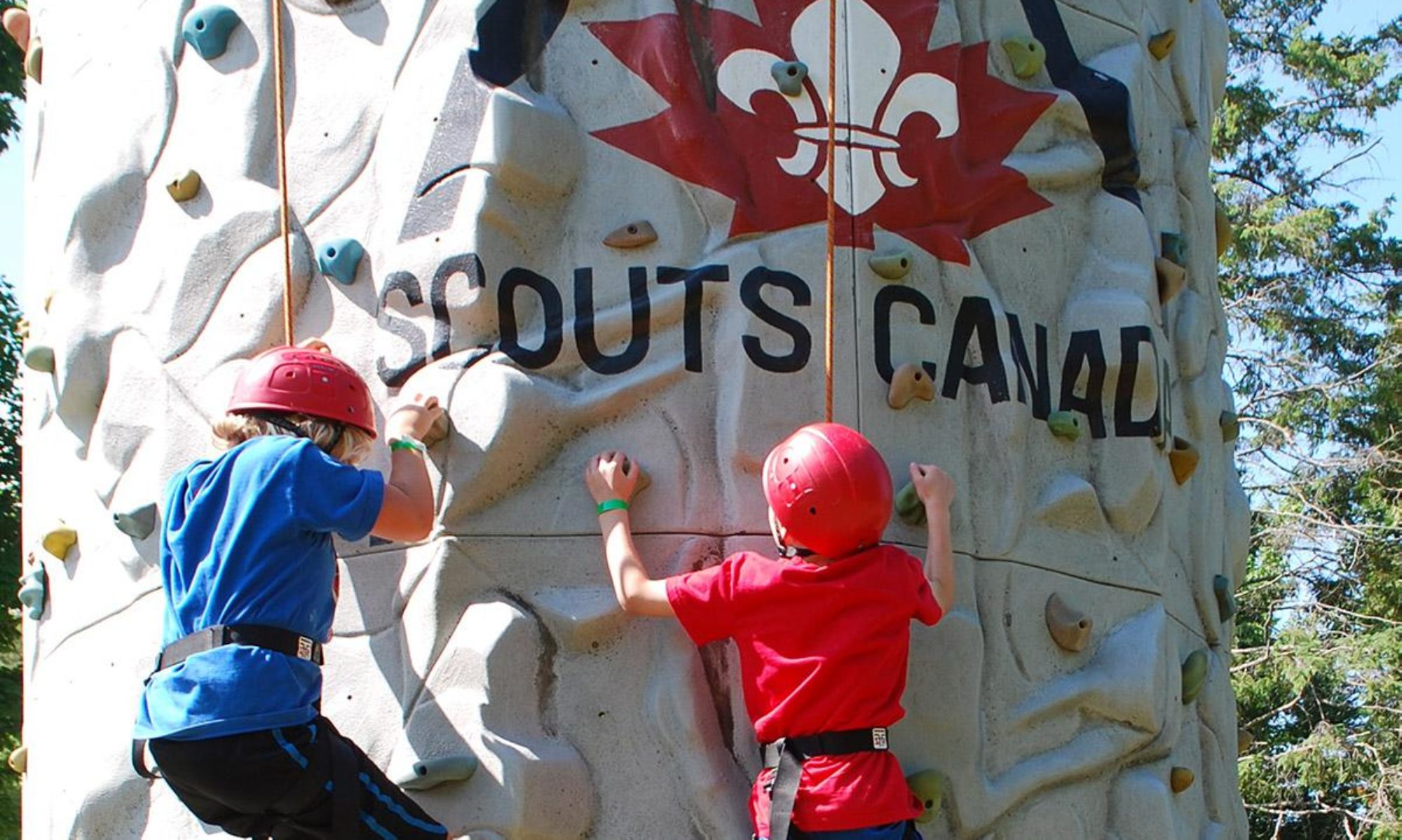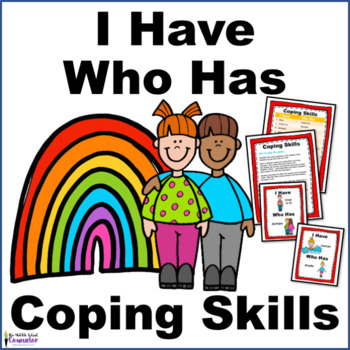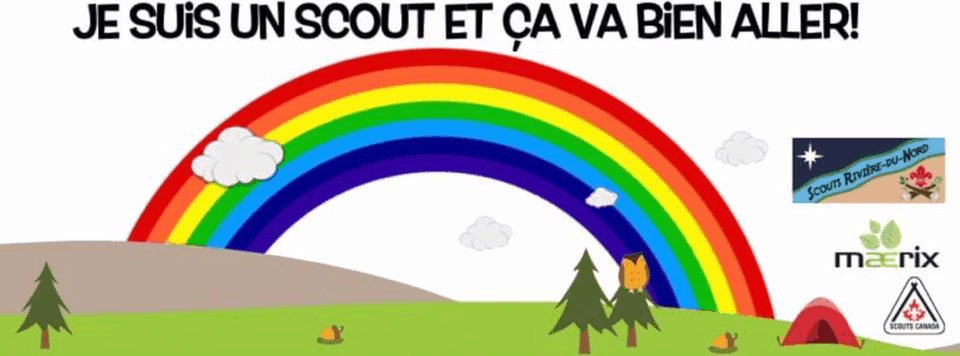The Return to in-person Scouting activities
Through many consultations over the last few months, Scouters and parents have voiced their concerns about the health and safety measures required to enable in-person outdoor Scouting meetings. They are looking for assurance that Scouts Canada will maintain our core value of Safety First, while providing fun and engaging in-person outdoor meetings.
To prepare our Sections and plan for the return of in-person outdoor meetings in the fall, Scouts Canada has developed a set of documents that will outline all the steps necessary to run a safe meeting during the COVID-19 pandemic.
COVID-19 Preparedness Documents
- How to Run a Safe Section Meeting During COVID-19: Flowchart
- How to Run a Safe Section Meeting During COVID-19: Standard
- How to Run a Safe Section Meeting During COVID-19: FAQ
- How to Run a Safe Section Meeting During COVID-19: Checklist
- How to Run a Safe Section Meeting During COVID-19: Application Form
During the next two weeks, we encourage you to read them and welcome your comments via the embedded webform. Your input will help us improve our protocols and ensure we can deliver safe, in-person outdoor activities in the fall.
Thank you in advance for your consideration. Given the volume of feedback expected, we may not be able to return your emails with replies. Rest assured your feedback will considered as we update the document.



